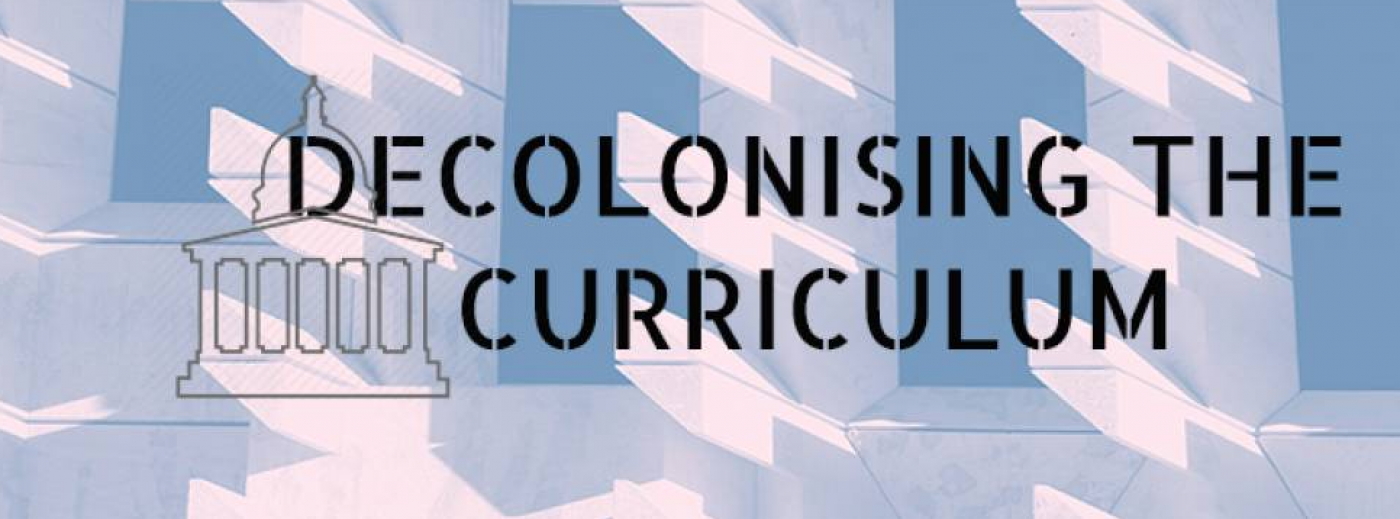
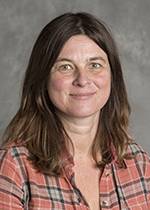 Dr Caroline Garaway
Dr Caroline Garaway

Vice Dean (Education), Faculty of Social and Historical Sciences
Senior Lecturer, Anthropology
In 2016, when I was Head of Teaching in Anthropology, several students in our department took it upon themselves to try and diversify the reading lists of our compulsory courses in our undergraduate programme. This led to us putting in a proposal for a Liberating the Curriculum grant, which we subsequently won. The students were successful in their original aims but, possibly more importantly, the work they undertook catalyzed a whole series of new conversations, activities, and partnerships within our department - ongoing to this day - that are tackling the issues of decolonization and improving our curricula for the better. This experience demonstrated how engaged students are and how successfully they can enact positive change when given the opportunity to work in partnership with staff to do so.
This, along with my strong belief in the decolonisation agenda made me jump at the chance to facilitate these kinds of conversations at Faculty level. I believe the Joint faculties have much to learn and also a lot of experience to share. I hope this initiative will start bringing these people, conversations and experiences together.
Zain Arif
Language and Culture, 2nd year
I got involved with the project because I wanted to help set up a platform for discussion between staff and students on the topic of decolonisation and decolonisation agendas around campus. Also enticing was the opportunity to work collaboratively with staff on such a sensitive yet necessary adjustment to the teaching at UCL, presenting the opportunity to design a better curriculum for the betterment of both the University and its students.
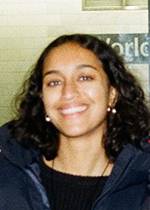 Shalaka Bapat
Shalaka Bapat

Programme: BSc Anthropology (with a year abroad)
Year: 4
As a member of the Indian diaspora living in the UK, I have always grappled with how to “decolonise” different aspects of my life, particularly my education. An interest in colonialism, its impacts and how we can move forward is what brought me to Anthropology in the first place. As I have begun to prepare to conduct fieldwork for my dissertation, I have been concerned about my privilege and positionality as an anthropologist who “studies” their subjects. How to rectify this inherent power imbalance, how to move from consuming knowledge to co-producing it with the people we have worked with, and how to genuinely engage in the task of decolonising a discipline that was built for the project of colonisation, are issues I have wrestling with. I was so excited that Decolonising the Curriculum was finally on the agenda, because I really have felt the limitations of having a curriculum centred around the works of dead, white men, that I dropped whatever I was doing to apply to be part of the team!
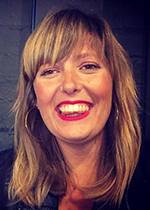 Lily Mae Challenger-Rowe
Lily Mae Challenger-Rowe

MA Gender, Society and Representation - 2nd year
My motivation behind getting involved with the project is to help promote and support the wealth of diversity we have here at UCL. As well as working to create a curriculum that celebrates the accomplishments in academia not just from the few, but the many.
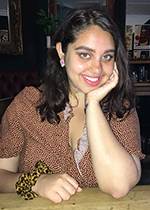 Sailee Khurjekar
Sailee Khurjekar

BA Philosophy and History of Art, 3rd year
I am especially interested in Contemporary Aesthetics, Philosophy of Art, Feminism, Politics, and the inclusion / representation of Minorities (both in the workplace and beyond).
I am a female British Indian, and have accumulated experiences that have driven me to get more involved with MAP (Minorities and Philosophy) this academic year. MAP provides an incredibly significant platform for women and other Minorities, giving us a means to express academic ideas within Philosophy. It encourages diversity and creative expression, and aligns itself with the ethos of the Decolonising the Curriculum project.
From a personal take, I spoke at the KCL MAP Conference in March this year, and the theme was Decolonisation: Shaping and Reshaping Reality. I spoke about the importance of cultural aesthetics and appreciation according to Berleant's philosophy, making a case that we need to think about the historical past and the beauty of other cultures beyond our own, in order to sufficiently appreciate the position of art objects in western discourse. This experience was extremely rewarding, as I also had the valuable opportunity to befriend the other speakers and get an insight into their topics, also associated with decolonising the curriculum and dismantling societal values.
I am a confident, passionate, and mindful individual who cares deeply about social justice and representation.
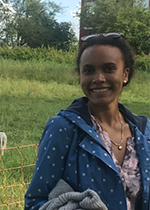 Anne Kimunguyi
Anne Kimunguyi

BA History, 2nd year
My name is Anne and I'm a second-year history student, passionate about maximising the inclusivity and diverse representation in academia. Having been educated in western institutions which I feel have often privileged historical and political narratives of white and male supremacy, and in turn, marginalised many perspectives which I believe are crucial in order to receive the most accurate, rich and just education possible. Thus, I'm more than excited to be a part of a project which aims to bring awareness to this issue, and explore practises which can be utilised in order to eradicate this toxicity in our education system. Given the relevance of decolonisation in today's political climate, and it's links to many academic inequalities, such as the attainment gap, I can't wait for everyone to access this informative and exciting event!
 Close
Close

